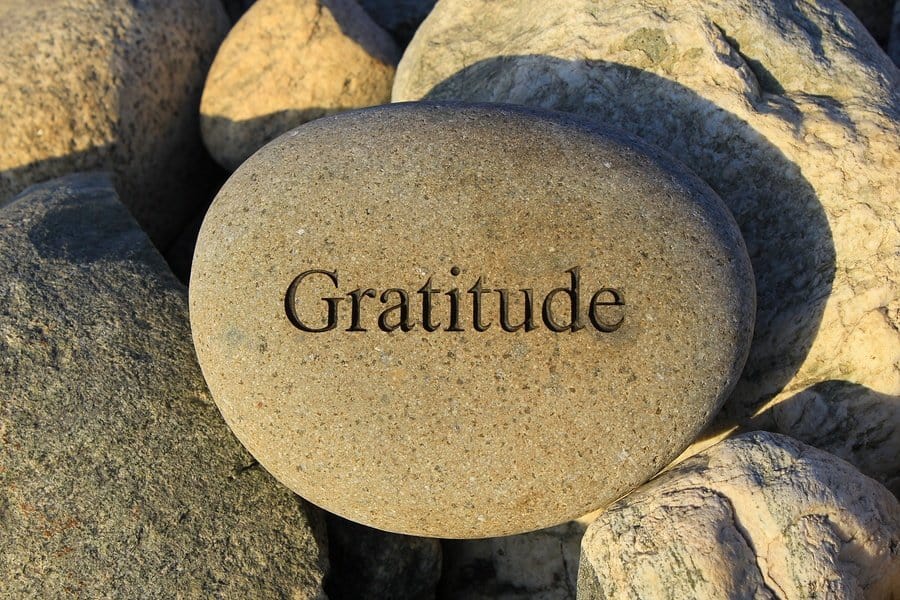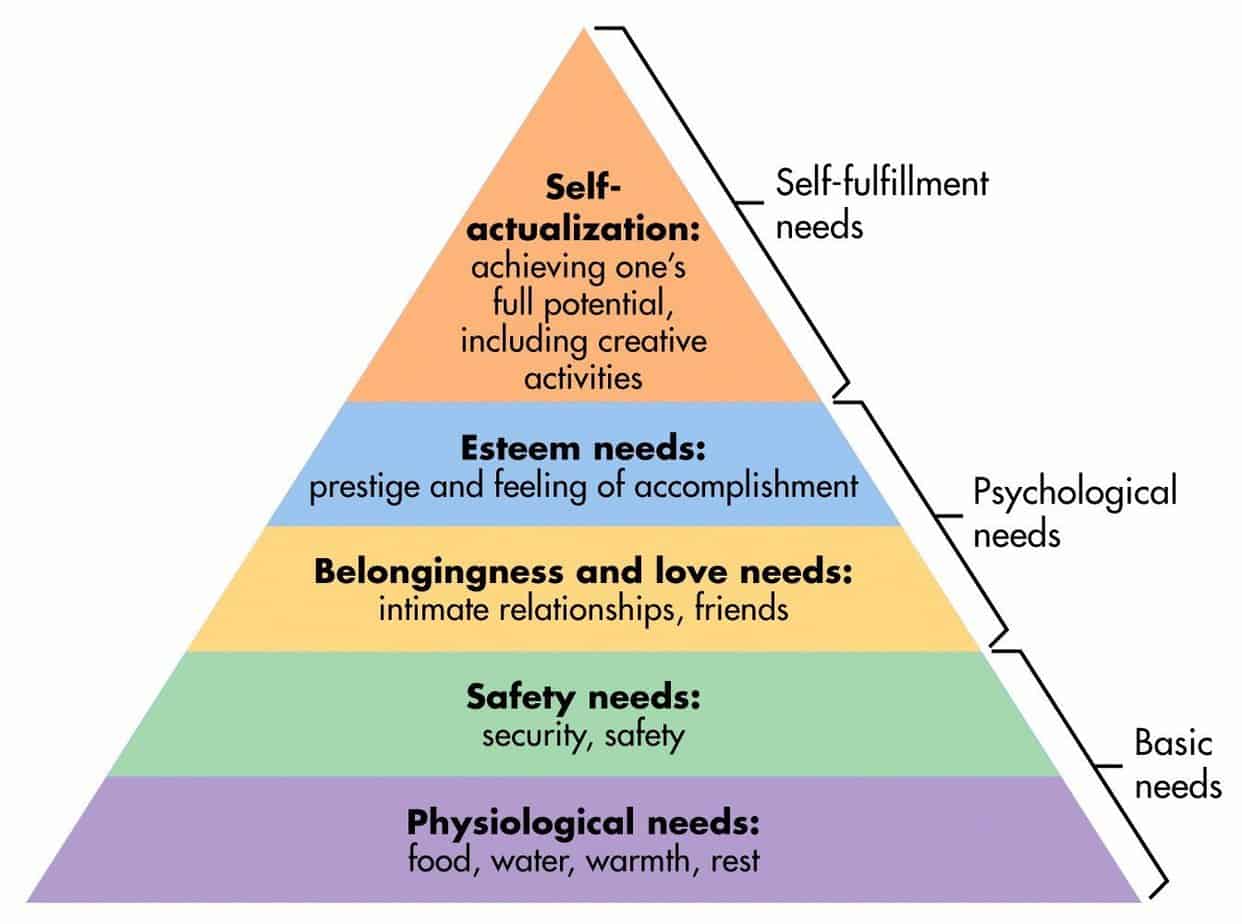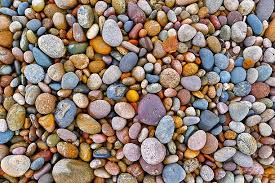How To Practice the Science of Gratitude
There’s a science of gratitude. Or perhaps I should say that science has studied the matter and concludes that your life will be better if you practice gratitude. Here’s a few tips.
IT’S CHRISTMAS EVE and I want to share my thoughts about gratitude for the simple reason that having a gratitude practice has enriched my life, and it can do the same for yours.
In fact, there’s actually a science of gratitude!
Irrespective of who or what you’re worshiping this holiday season, if anything, it’s a fine time to dwell on those things for which you can be grateful.
This isn’t always easy to do.
Surely, even the most privileged among us can feel overwhelmed with angst. You can imagine listening to some billionaire living in a mansion on the hill whining about how he’s going to have to spend $50,000 to divert water run-off that’s threatening the foundation, and think,
“I’d trade places with that ingrate in an instant!”
In fact, I had a conversation earlier today with someone who I bet the overwhelming percentage of the world’s adult female population would trade places with. Using countrymeter’s data and assigning a 95% “Yes I want her life” probability to it, I estimate that approximately 2.5 billion adult women in the world would say “yes” to living an affluent life in a Western European country as a beautiful, healthy, gifted 27 year-old who just earned her MD.
Having written some 500 books and an estimated 90,000 letters and postcards, the famous science fiction writer Isaac Asimov was once asked how he was able to be so productive.
He said, “I’m just a lucky winner of the genetics sweepstakes.”
My young MD friend is as well. She got lucky. Like Issac Asimov, she added a lot of hard, concentrated work to her luckiness to achieve what she has. Sadly, for her right now, it’s not enough to make her happy.
That billionaire with the imperiled house foundation and the newly-minted MD are just two examples among billions of people who are perhaps too preoccupied with the daily trials and tribulations of their respective lives to hit the pause button, turn around, walk up a hill for perspective and see something else.
Apparently, this isn’t easy to do.
Your spot on the Pyramid determines your angst
Remember Maslow’s Pyramid that depicts human kind’s hierarchy of needs?
I think this is an apt construct to use to explain why a billionaire and a wonderful, young MD can be angst-ridden, despite how far up they get to live their lives on the Pyramid.
It appears to me that how you feel about your life is relative to where you are in life — but not where you are as compared to those below you, but as compared to those at your level or above.
For instance, that billionaire isn’t likely to compare himself and the problems he’s grappling with to people on the “Basic Needs” base of the pyramid who struggle to get enough food and shelter.
That MD is not wrestling with issues pertinent to those who stand by a conveyor belt on some factory floor six days a week in Bangladesh stamping some shirt with a Polo emblem.
No, their struggles, like ours, tend to relate to where we are or want to be on Maslow’s Pyramid. This is a simple human trait, and so I can give a pass to Mr. Billionaire or Ms. MD for the “high-class problems” with which they grapple, but I also want to shout, “Wake Up!”
Waking up requires perspective.
So you hit the pause button to interrupt your inner “poor me” soliloquy, turned around for a different view and climbed a hill for perspective.
Now, I suggest, you pull a pen and notebook from your backpack and you write down three things for which you are grateful.
Next up, why you should do that.
The science of gratitude
Forbes Magazine contributor and psychotherapist Amy Morin wrote about the 7 Scientifically Proven Benefits Of Gratitude That Will Motivate You To Give Thanks Year-Round in which she affirms that,
… gratitude may be one of the most overlooked tools that we all have access to every day. Cultivating gratitude doesn’t cost any money and it certainly doesn’t take much time, but the benefits are enormous.
Here are the seven benefits that Amy Morin cites. Read her article for the science behind these assertions.
- Gratitude opens the door to more relationships
- Gratitude improves physical health
- Gratitude improves psychological health
- Gratitude enhances empathy and reduces aggression
- Grateful people sleep better
- Gratitude improves self-esteem
- Gratitude increases mental strength
She ends her article by declaring that an “attitude of gratitude” is one of the simplest ways to improve your satisfaction with life.
As I wrote in my article, 10 Morning Rituals to Build A Long and Strong Life:
“My last of 10 morning rituals is to go to my desk and write down:
- Three people, places, times and/or events for which I’m grateful, and
- My main focus for the day.
“I then pick up my smart phone and dictate those three things and the day’s main focus. There are several apps that provide voice-to-text. (I use ClevNote on my Moto X Android-powered phone.) Given that my phone is usually nearby, I can pick it up several times a day and read what I wrote to reinforce it.”
Writing down and repeating out loud that for which your grateful has been shown to better reinforce the mindfulness state of being sought.
But there are other techniques to use as well.
Pocket Pebbles
One gratitude technique I just learned yesterday is from the mother of our aforementioned young MD.
It involves pebbles.
We were at a small beach in Marin County, California. There were four of us. We were instructed to choose five pebbles from the sand put them in our left pants pocket, which we did. Then as we went about our day, whenever we encountered or thought of something for which to be grateful, we would associate it with one pebble taken from our left pocket and put it in our right pocket.
At the end of the day, we’d take each of these five pebbles from our right pocket, remembering each of the five things for which we were grateful that day before disposing of them.
Rinse and repeat the following day.
This was instructive and a lot of fun, and I found it to really deepen the quality of my mindfulness.
Your Takeaway
There’s a science of gratitude.
It clearly shows that if things are bad in your life, you have a lot to gain by finding something for which to be grateful. Doing so will be helpful.
If things are good in your life, remind yourself.
Be grateful.
Last Updated on November 13, 2018 by Joe Garma





